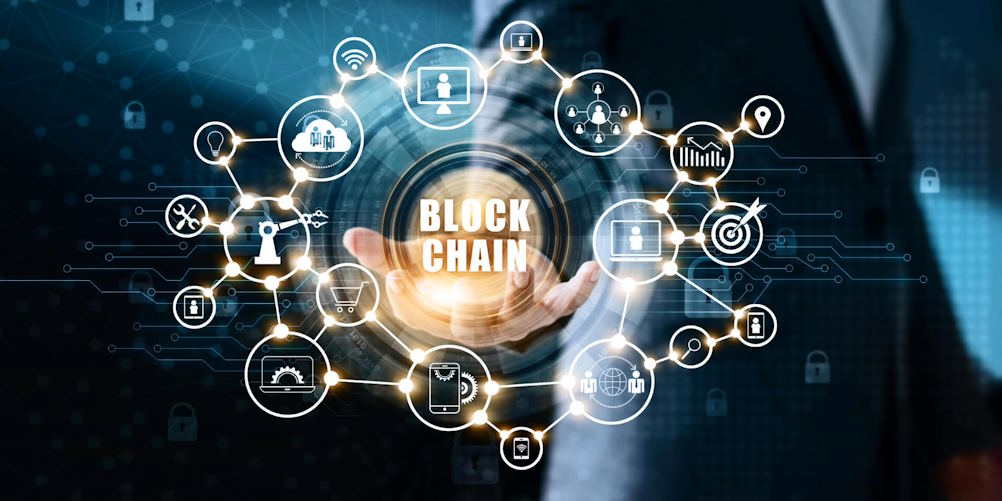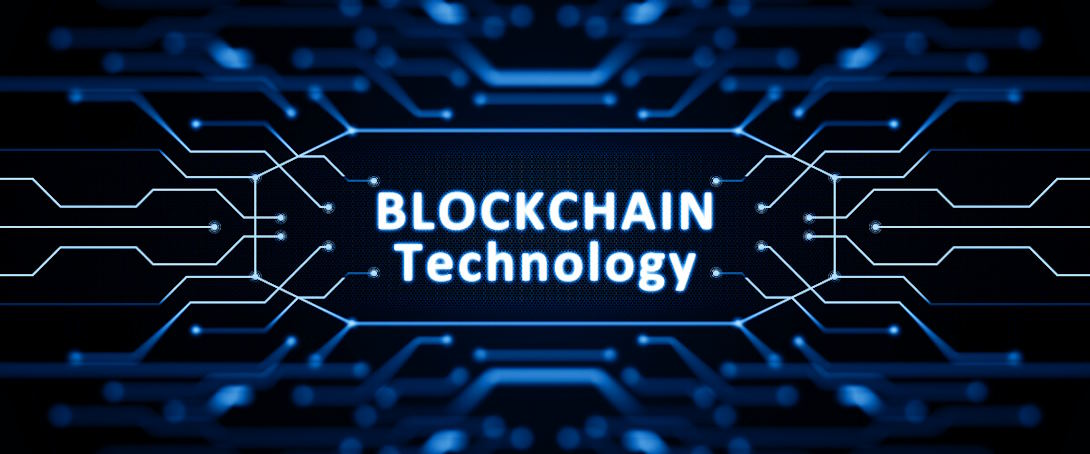How Do Different Sectors Integrate Blockchain Technology?
Beyond cryptocurrencies, blockchain has emerged as a versatile force reshaping industries that want to provide and improve transparency, security, and decentralized efficiency.
What sectors integrate this technology?
Finance and Banking
Traditional cross-border transactions are often plagued by delays and excessive costs. Blockchain provides a decentralized and secure platform for swift and cost-effective cross-border payments.
Besides, smart contracts automate and execute financial agreements without the need for intermediaries. From loan disbursements to complex derivatives, these self-executing contracts enhance financial transaction speed, transparency, and accuracy.
Supply Chain and Logistics
The authenticity of products has always been a concern in supply chains. Blockchain introduces provenance tracking, allowing stakeholders to trace the journey of products from manufacturing to delivery, thereby minimizing fraud and ensuring authenticity.
Smart contracts automate key supply chain processes, such as procurement, shipping, and payments. It reduces paperwork and enhances efficiency by ensuring that contractual terms are automatically executed when conditions are met.

Healthcare
In healthcare, the security and interoperability of patient records are paramount. Blockchain ensures the integrity and security of health records, enabling interoperability among healthcare providers and improving patient care.
Additionally, pharmaceutical supply chains leverage blockchain to trace drug production, distribution, and authentication. It helps combat the proliferation of counterfeit drugs and ensures the safety of medications.
Education
Academic records are securely stored on the blockchain, simplifying credential verification for employers and educational institutions. It not only enhances trust but also expedites the hiring process.
Blockchain also introduces decentralized platforms for educational content and certifications. It ensures the integrity of educational materials and provides learners with secure and transparent credentials.
Governance and Public Sector
Electoral processes are critical to democratic societies. Blockchain ensures secure and transparent voting systems, minimizing the risks associated with election fraud and manipulation.
Furthermore, governments harness blockchain for secure and verifiable digital identities, enhancing the delivery of public services and minimizing identity-related fraud.
Real Estate
Real estate transactions are notorious for their complexity and paperwork. Blockchain streamlines these processes, reducing the potential for fraud and creating a transparent, efficient, and secure environment for property transactions.
Blockchain introduces the concept of tokenization, enabling the division of real estate assets into tradable tokens. This fractional ownership model increases liquidity in the real estate market.


